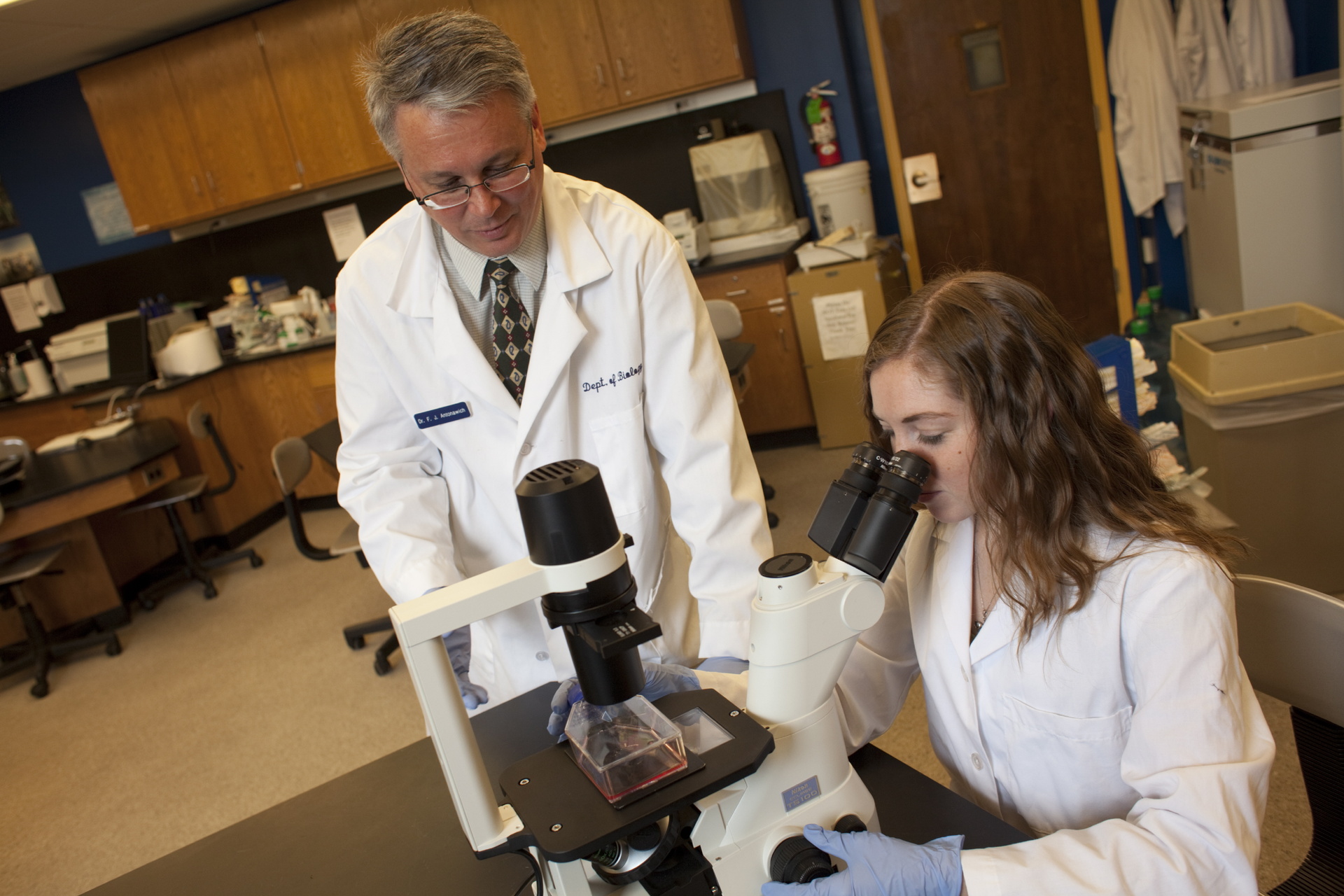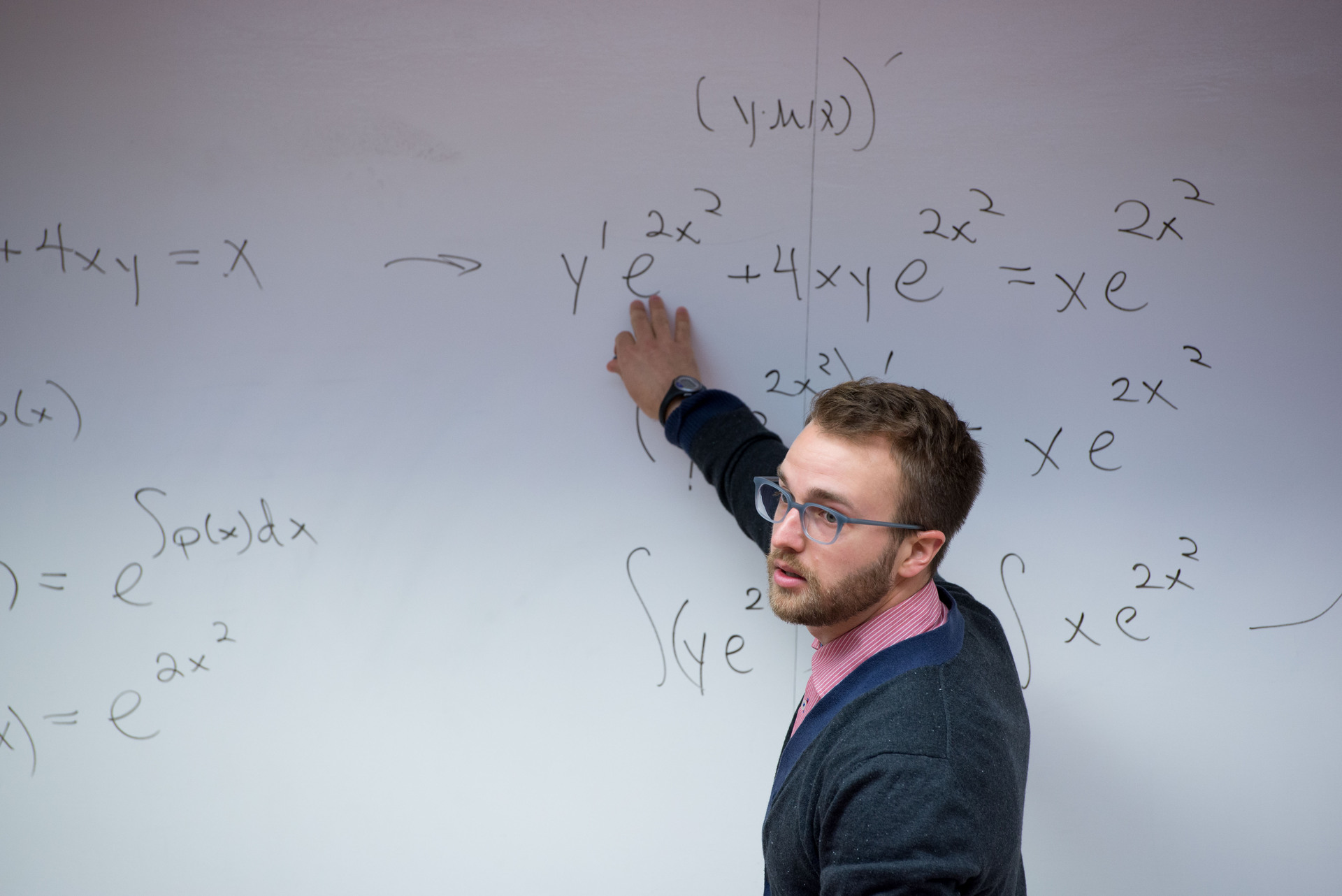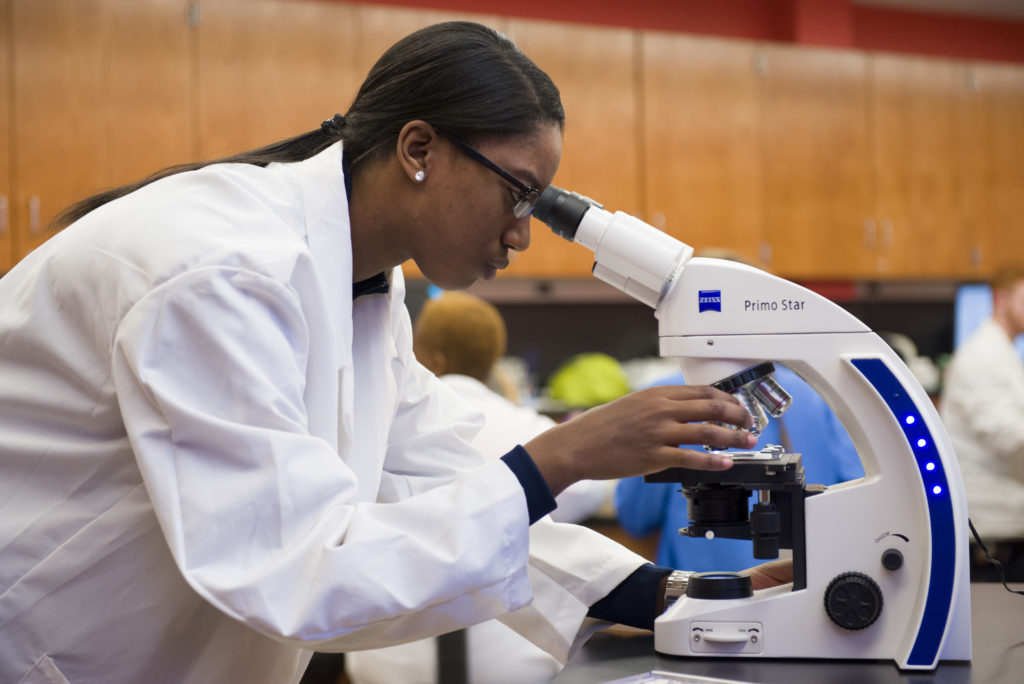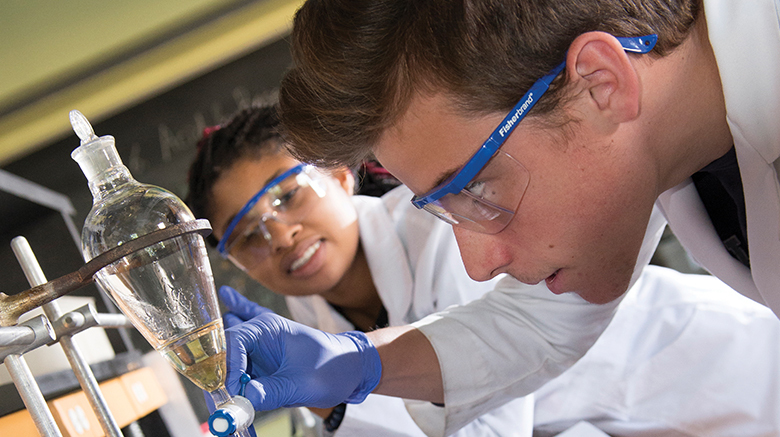The alarming gap between those Americans able to flourish in the digital age and those withering in its wake spurred the giants of the tech world in recent months to invest hundreds of millions of dollars in science, technology, engineering and math (STEM) education.
Amazon, Facebook, Google, Microsoft and Salesforce last fall each pledged to spend $50 million on computer science education initiatives. Verizon announced in April it was donating $400 million to STEM education, days ahead of similar pledges from global consulting and accounting company PwC and cloud company Akamai Technologies, which donated $320 million and $50 million, respectively.
The windfall of donations to STEM education – including ongoing commitments from the likes of Apple, Microsoft and other technology driven companies – has made it clear that tech companies consider the STEM fields a weakness in American education.
Preparing People for the Field

“The technology fields are some of the fastest growth job markets and areas of development, and we need trained people ready to do these jobs and make significant advances,” explained Francis Antonawich, Ph.D., professor and chair of St. Joseph’s College’s biology department at SJC Long Island. “Not having enough people prepared to work in STEM fields could put the United States at a disadvantage compared to other countries.
“The number of science and math students are not increasing, while the market demands it,” Dr. Antonawich added.
To be sure, the New York State Department of Labor projects significant increases in the number of jobs in STEM fields across the state between 2014-2024.
The number of computer and mathematical jobs is expected to jump 22 percent, including a 55 percent boost in statisticians, a 35 percent boost in web developers and a 30 percent increase in computer systems analysts. The same study suggests the amount of jobs in life, physical and social sciences occupations will go up 15 percent.
STEM at SJC
In higher education, it’s important for institutions to determine which practices are most effective in fostering engagement, knowledge of career opportunities in math and computing, and ultimately graduating students better equipped for graduate school, the job market, and a career in mathematics or computing, said Ryan Schwarz, Ph.D., associate professor of mathematics and computer science at SJC Long Island.
To this end, Dr. Schwarz was instrumental in St. Joseph’s successful bid for a $1 million grant from the National Science Foundation (NSF) to fund STEM scholarships for students majoring in math, computer science and computer information technology.
Our success as a nation is dependent on the ability of our institutions to educate, train and retrain students of all ages to develop the skills needed to fill the jobs of today.” — Corinne Gamper ’79
MaTECS (Mathematics and Technology Engagement for Commuter Students), the program funded by the grant, gives St. Joseph’s an opportunity to implement curricular enhancements, support for faculty mentoring workshops and funding for co-curricular activities aimed at student engagement. Most of the grant – over $800,000 – will fund scholarships for SJC Long Island students with high financial need.
“To foster engagement, MaTECS scholars will be enrolled in cohort classes,” Dr. Schwarz said. “There is also an industry mentoring component where MaTECS scholars will be paired with mentors who are working in the student’s field of interest.”
Placing STEM Students in Graduate Programs

Victoria Hong, Ph.D., chair of St. Joseph’s Department of Mathematics and Computer Science, noted the grant addresses STEM workforce needs by increasing the amount of students placed into graduate programs or professional positions.
“Along with a cohort experience, MaTECS scholarship recipients will have a faculty adviser and an industry mentor to guide them through their undergraduate years,” Dr. Hong said. “The primary goal of the program is to better prepare students for careers in mathematics and computing, while leaving them with little or no debt upon graduation.”
STEM education programs such as MaTECS will become increasingly vital as science and technology expands into every aspect of life, said Salim Arfaoui, M.S., an instructor in mathematics and computer science at SJC Brooklyn.
“The success of our future depends on preparing skilled STEM experts,” said Arfaoui, who regularly takes his students on field trips to Google, Vigon International and NBC Studios to expose them to opportunities in the STEM job market. “We need experts who will make the next computer smarter or the next cure more efficient. We need mathematicians to help us understand and make-sense of our economy, manage our data, and even help us explore the universe.”
Evolving with Technology
Corinne Gamper, a regulatory strategy business process owner at Pfizer Inc. and a 1979 graduate of St. Joseph’s College, agrees.
“The growth of technology and the rapid pace of scientific innovation and knowledge creates the need for individuals with skills to support an information and knowledge-based economy,” Ms. Gamper said. “Our success as a nation is dependent on the ability of our institutions to educate, train and retrain students of all ages to develop the skills needed to fill the jobs of today.”
The need to retrain students and workers – considering technology is evolving faster and faster – is a vexing challenge for STEM education, said David Seppala-Holztman, Ph.D., a professor of mathematics and computer science at SJC Brooklyn.
“A great deal of what a student learns as an undergraduate in computer science will be outdated by the time that student graduates,” Dr. Seppala-Holtzman said. “As a result, a good undergraduate technology program must build the evolution of discipline into its courses. St. Joseph’s strives to do just that.”
While our overall success in our careers is in part shaped by our studies, our understanding of our world and culture also plays a huge part in that.” — Thomas DiBernardo ’08, M.B.A., M.S. ’11
STEM majors at St. Joseph’s benefit from the College’s small class sizes and the personalized attention they receive from professors. Furthermore, STEM students at St. Joseph’s find that they have a wide array of internship and research opportunities at such prestigious locations as Brookhaven National Laboratories, Goldman Sachs, Estée Lauder, Google, Canon, Computer Associates, IBM, NASA and Zebra Technologies.
A Unique Advantage
St. Joseph’s professors, along with alumni working in STEM fields, point out that St. Joseph’s STEM majors have a unique advantage in the job market because of the liberal arts core curriculum that was required as part of their studies.

“Our liberal arts education tradition tends to produce well-rounded practitioners,” said William McAllister, an assistant professor of mathematics and computer science at SJC Long Island. “Our liberal arts core requirements teach our students ethics, writing skills and respect for diverse groups, which are skills valued in industry that they would not learn in a technical institution.”
Samantha Miller, a 2016 SJC Long Island graduate and software engineer at Softheon in Stony Brook, New York, said “my core requirement was one of the best parts of going to St. Joe’s.”
“I found I needed to have a balance of computer science/math classes and liberal arts classes,” added Miller, who served an internship at Brookhaven National Laboratory while at St. Joseph’s. “I loved the diversity in my schedule. One day, I would be in a programming class, and then the next hour I am in a Buddhism class, and then I am in a New York History class.”
The liberal arts foundation he received at SJC helped Long Island Rail Road locomotive engineer Thomas DiBernardo become a more well-rounded person at home and work, he said.
“Technological progress is nothing without a firm grounding in the foundation of liberal arts, social sciences and humanities,” said DiBernardo, ’08, M.B.A., M.S. ’11.
“While our overall success in our careers is in part shaped by our studies, our understanding of our world and culture also plays a huge part in that.”
St. Joseph’s provides its STEM students an ideal balance between liberal art studies and science and technology, said Wendy Turgeon, interim dean at SJC Long Island.
“Working in science and technology still requires that research be situated within the human matrix,” she said. “The social, political and ethical implications of science and technology need full recognition and a careful, as well as caring, response.
“Courses in philosophy, sociology, literature, among other liberal arts, are part of our general education curriculum for all students, preparing our graduates to reflect on the important human implications of science and technology, as they join their fields as professionals.”

